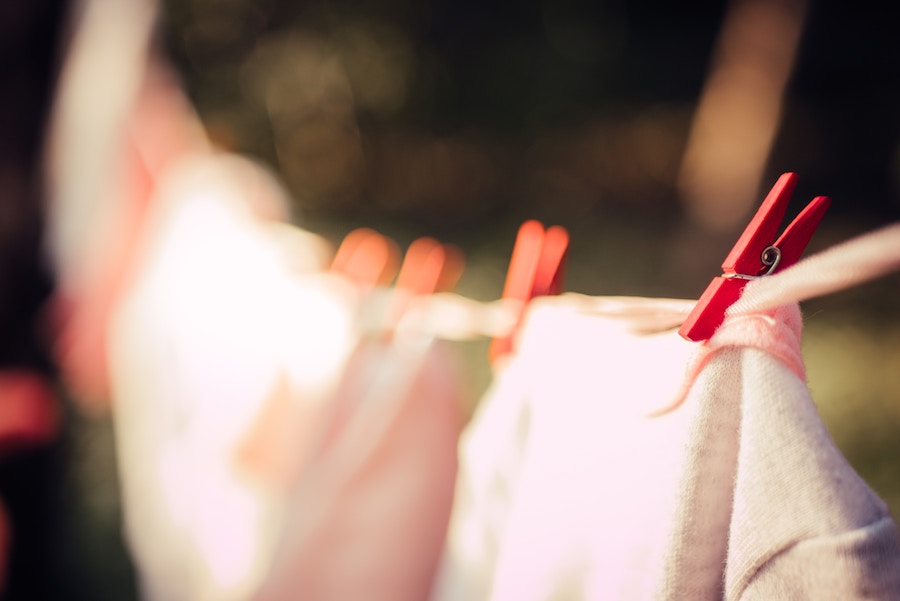
“This author really pissed me off,” I told my husband the other day. I brandished a book called Soon: An Overdue History of Procrastination, by Andrew Santella.
My anger surprised my husband. He enjoys a heated debate while I tend to shy away from black-and-white argument. But this book? I ranted about it for fifteen minutes.
Soon is not just a history of procrastination, but an attempt by the author, who is a self-described procrastinator, to “justify [his habit].” He says he wants to “applaud procrastinators for their mutiny against the rule of clocks, and for their non-conformity amid all the methodical drones.” That sentence alone made me want to spit.
Full disclosure: at this very moment, my desk is clean. My bullet journal is open to a page of writing assignments. I arrange my shirts in rainbow order and get a shiver of pleasure from checking off items in a to-do list.
An organized person like me has to hate this book, right?
Wrong. It’s not the organized person in me that hates the book. It’s the me that once procrastinated like crazy. Nothing Santella describes sounds unfamiliar. No: it reads like a catalogue of how I used to live.
For me (and for Santella, it’s worth mentioning), procrastination signals a problem with my mental health. After college, deep in a depression, I could barely leave the house. I needed to look for a job, any job, but the vulnerability of filling out applications and going in for interviews for low-skill restaurant jobs filled me with dread, so I put it off. My therapist had to talk me through the process carefully, as if helping a toddler learn to dress herself.
That same year, I was late paying my car registration, late to work so much I got let go from a job, late with rent. I felt as though basic daily tasks were impossible juggling acts, so instead of tackling them, I’d stay up until 2am watching bad movies on cable. Even as I watched them, I hated myself, knowing that the sleepless night would only make the next day worse.
Putting off basic life tasks was like hacking at my wrists with a butter knife—a scary and really ineffective way to harm myself.
My procrastination was never about escaping the confines of boring predictability. It was about living a life full of chaos and agony, in which I weaponized even fun things, like bad movies, against myself.
There’s no poetry in compulsive procrastination. It’s slow-motion suicide.
Santella falls into the same trap as those who emulate artists like Sylvia Plath or Kurt Cobain. Yes, these figures are brilliant, and their art worth emulating—but confusing their art with their suffering is foolish. Mental illness, substance abuse, and procrastination do not produce rich work. They steal dreams, relationships, creativity, and time. Mentally ill artists make wonderful work—but they do it in spite of those diseases, not because of them. Yes, suffering can deepen our work, but not suffering for suffering’s sake. We are not made more whole by oppressive and self-destructive habits.
Still, the more I examined my anger at Santella, the more I realized I am more like him then I wish. I still sometimes feel smug pleasure in my unhealthy attitudes, confusing my desire to control people with high standards, deciding my anxiety means I “care”, or reframing my relentless pressure on myself as healthy ambition.
We tell ourselves lies to stay stuck.
Look, sin is real, but I think we miss how it crops up in our lives. We associate sin with obvious missteps like adultery or stealing. We think sin stops at obvious badness, to be repented of and put behind us when we do slip up.
And I think sin can look like that. But sin can be a kind of grey fog, a wan disengagement rather than a proactive mistake. This kind of brokenness is often not fully conscious, deliberate, or even completely our fault. For example, if a kid got caned every time they folded laundry wrong, you might understand why, as an adult, their dirty clothes pile up. I hesitate to label that lack of care for themselves sin, don’t you? And yet can we really be whole if we insist on wearing dirty rags? Lack of self-care is a kind of sin, but it doesn’t feel that way.
In the end, procrastination is anything but poetic rebellion against convention. It’s banal self-loathing.
We are responsible for the brokenness in our lives even if so many of its roots are not our fault. Rather than seeking resurrection, though, we often come up with reasons to stay half alive. I do it just as glibly as Andrew Santella.
Resurrection is as much a practice of learning to recognize our own bullshit as it is changing our behavior. Once we stop telling ourselves lies, it’s a lot easier to seek truth instead.
- Let’s make family genius - May 22, 2023
- I’m Sad I Can’t Watch TV - April 19, 2023
- This Freedom is Not a Forever-Promise - November 4, 2019